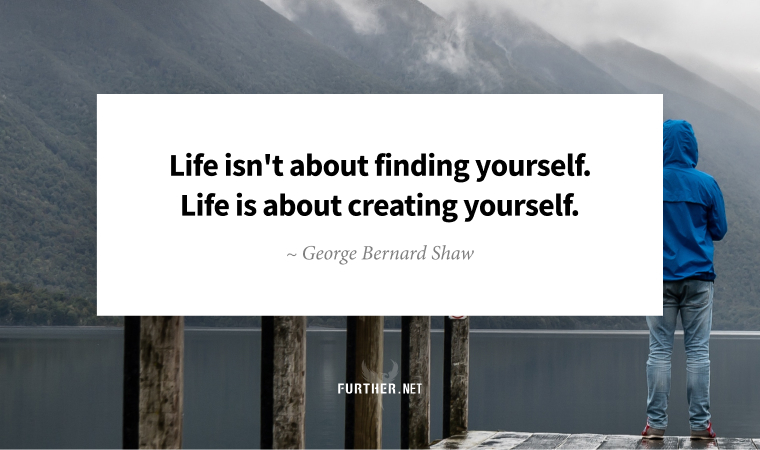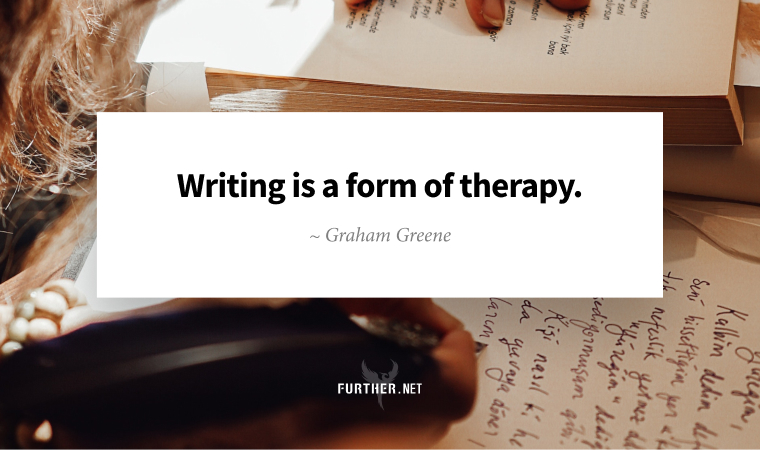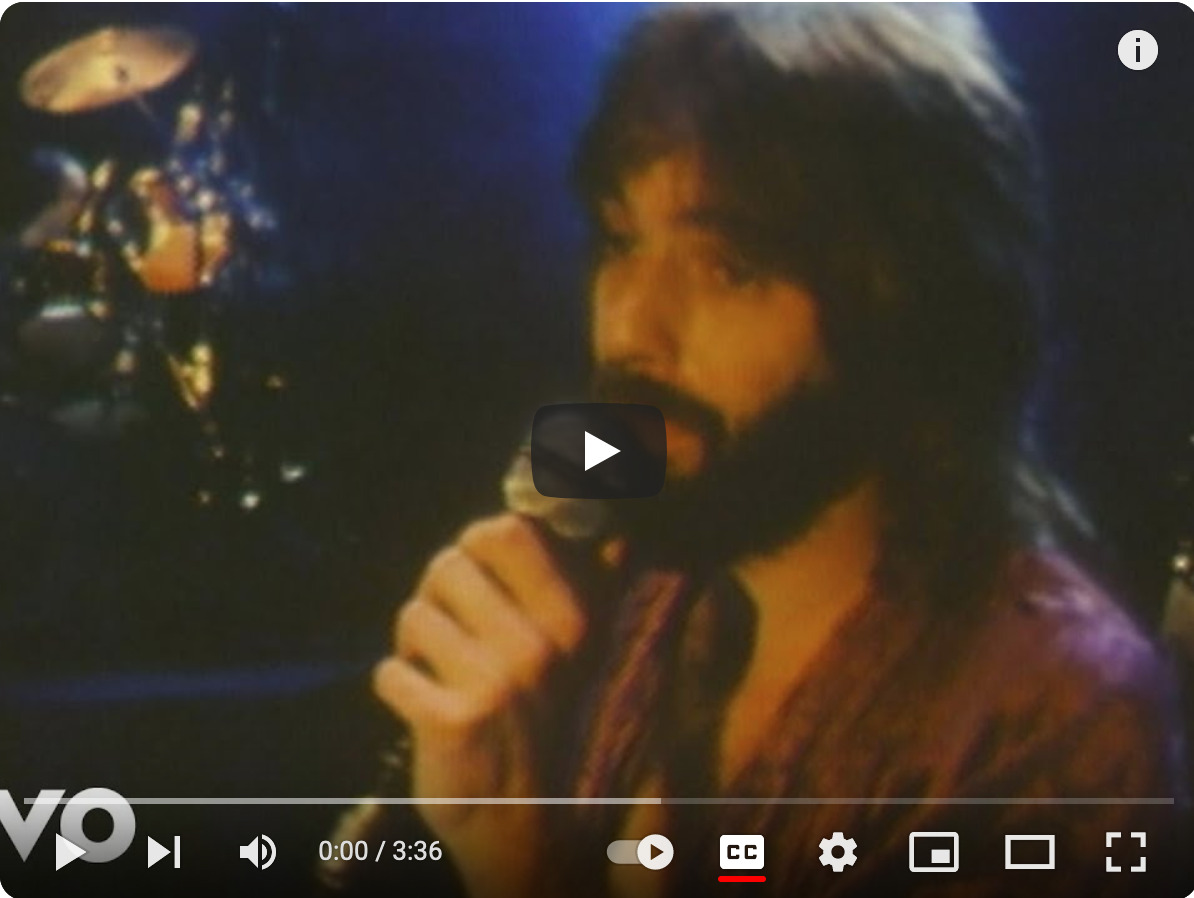
In college, the only course I ever flunked was Philosophy 101. At 18, I just couldn’t wrap my head around the exploration of the meaning of life.
Now, I can’t get enough of it. Having lived for more than a half-century through numerous extreme events and had the audacity to perpetuate the human race with two kids, it seems like a natural progression.
When “Times Like These” feels like it’s on automatic replay, it’s a good sign it’s time to dig a little deeper and reexamine the belief systems you’ve relied on until now. While research shows there’s a global shift away from organized religion, it doesn’t mean we humans lack philosophical options to help us make sense of the world.
For example, years ago, I interviewed Greg Graffin, the lead singer and songwriter of the punk band Bad Religion and professor of evolutionary biology, to write a short bio for him. From his music (like this song), I figured I’d hear a rant about his famed atheism. Instead, I found out he has a personal philosophy that he’s so deeply committed to that he wrote his Ph.D. dissertation on it.
In his book, Anarchy Evolution: Faith, Science and Bad Religion in a World Without God, Graffin explains:
I don’t bill myself as an atheist but as a naturalist. Naturalism is a belief system. A lot of scientists bristle at that. We all have to believe we can find the truth. Evidence is my guide. I rely on observation, experimentation, and verification.
Let’s take a moment to clarify what a personal philosophy is. Here’s how Massimo Pigliucci, Skye C. Cleary, and Daniel A. Kaufman, authors of the book How to Live a Good Life: A Guide to Choosing Your Personal Philosophy, describe it:
A philosophy of life is defined as having, at a minimum, two components: a metaphysics and an ethics. A metaphysics is an account of how the world hangs together. An ethics is an account of how we should live in the world.
Graffin’s Naturalism fits that bill. So do ancient philosophies from the East (i.e., Buddhism, Confucianism, Taoism) and the West (i.e., Stoicism, Aristotelianism, Epicureanism); religious traditions (i.e., Judaism, Islam, Christianity, Hinduism); and more modern approaches (i.e., Secular Humanism, Pragmatism, Effective Altruism).
With all of these options and countless more, the process of choosing your path — be it a doubling down on the religion or other philosophical orientation you were born into or pivoting to something new — may seem overwhelming. But from my experience, it just entails being open to where the search leads you.
Briefly, I was raised Jewish. Culturally, I still identify that way, but the dogma often raised more questions and contradictions over the years than provided answers. As I’ve written about here in Further, a decision to try meditation to live more consciously seven years ago led me to discover Advaita Vedānta, a philosophy of non-duality. My humanist self agrees that separateness (“Maya”) is an illusion, and our oneness means we’re more similar than different. This makes it easier to find compassion and acceptance without falling into a trap of toxic positivity.
Plus, this philosophy has provided me with a way to stay resilient and gives me comfort and hope when times are bleak (ahem, second refrain: “Times Like These”). As I now see it, the world can be seen as three operator functions: Creation (Brahma), Maintenance (Vishnu), and Destruction (Shiva) — a continuous cycle where the disintegration of the old always leads to the construction of something new. Plus, it helps us embrace the sometimes heartbreaking idea that the status quo isn’t meant to last.
This isn’t exactly the definition of happiness, which we often believe is the point of having a personal philosophy. It’s something more, which the authors of How to Live a Good Life point out:
Part of what it means to become an adult is to take responsibility for our own choices, forging our individual path through life.
The ticket is to identify an ideology (or a mash-up of a few) that helps you find meaning and purpose. So, when given a chance to expand your perspective, say, by reading Further or listening to a podcast like I Hear Dead People, which brings to life history’s greatest philosophers and thinkers, make the space to do it. (Full disclosure: I played a small role in creating the IHDP podcast.)
Because, in the end, there is no one way forward. And while we’re influenced by the place and time we were born into, those of us lucky enough to have the freedom to question what makes the most sense to us today have an obligation to do just that. That’s my philosophy, anyway.
Further Exploration:
How (and why) to choose your philosophy of life (iai)
How to Live a Good Life: A Guide to Choosing Your Personal Philosophy (Amazon)
Keep going (aka the Further philosophy) —
P.S. New to Further? Join us here.
What a Concept!
Older people who followed a lower-calorie Mediterranean diet and minimally exercised up to six days a week gained muscle and lost a significant amount of body fat by the end of a year and kept much of it off for three years, according to a new study.
This Diet With Exercise Reduces Dangerous Belly Fat and More, Study Says (CNN)
Blue Food
What happens to you when you eat blueberries every day? Nothing bad and lots of good.
What Happens to Your Body When You Eat Blueberries Every Day (Eating Well)
Premium Insurance
Unpredictable investment and job markets are rough on retirement planning. They also complicate the issue of how much life insurance is right for you. Standard formulas — such as buying coverage equal to eight to ten times your annual income — aren’t always appropriate.
How Much Life Insurance Do You Need? (Kiplinger)
Further
When Brian Clark originally started Further, it was all about the excitement he felt when starting his next business venture or creating a new product. Whether your thing is business, art, or something else, the “next thing” is why you keep going.
The Next One (Seth’s Blog)
An Automatic Path to Better Self-Understanding

By Trudi Roth
People have always mused about the power of words — language is, after all, one of the most primitive forms of self-expression. And in our increasingly chaotic times, putting your feelings into words isn’t just a good idea; it’s a must.
Case in point: one in five adults experience mental illness annually, and more than 75% of American adults report stress-related symptoms, like sleeping issues, headaches, and exhaustion. As The Washington Post points out, stress is weathering us from the inside out:
Like tree rings, the body remembers.
But this doesn’t mean hitting your social channels to vent; plenty of research shows that only exacerbates physical and psychological problems.
Instead, consider keeping your words to yourself. A daily private, stream-of-conscious writing session is the perfect way to excavate and articulate your deepest feelings and clear the decks for greater well-being.
Head Writer
While humans have been using writing to express themselves for 20,000 years, it’s only since the mid-1980s that psychology, thanks largely to the work of James Pennebaker, has recognized writing as an effective therapeutic technique. According to physician and author Silke Heimes,
Writing regularly is essentially a form of mental hygiene.
Heimes says that spending five to twenty minutes each day writing freely has copious benefits, from decreasing stress and incidences of physical and psychological illness to increasing self-confidence, imagination, and creativity. If you think you can’t write or don’t have enough time, that’s no excuse — if you can brush your teeth or take a shower, you can prioritize a quick daily scribble to wash away inner stressors, too.
The Write Stuff
There’s a specific type of writing that Heimes recommends that doesn’t require any aids like specialty journals or detailed prompts called “automatic writing.” While some definitions of this practice include a spiritual aspect, Heimes explains it as a simple way to tap into your unconscious:
… I set myself a short time window, maybe five minutes, in which I write continuously without thinking, without putting down the pen or rereading what I’ve written. The goal is to get thoughts down on paper as unfiltered as possible so that an inner censor can’t switch on — or at least doesn’t get too loud.
Fans of Julia Cameron’s The Artist’s Way might recognize this as a sister practice to “morning pages,” where you write three pages of whatever’s on your mind as soon as you wake up. According to Heimes, the time of day you write and how you write (by hand vs. typed; timed vs. number of pages) doesn’t matter; the practice is about clearing your mind, not creating a publishable work.
In other words, there’s no pressure to perform when it’s you and your pages — just a safe space to explore and express your inner truth. If that’s a novel experience for you, it’s time to get on the write track.
Know Yourself Better by Writing What Pops into Your Head (Scientific American)
further: flashback

Kenny Loggins – This Is It
Keep the Fire, 1979
If you’re familiar with the term “Yacht Rock,” you know it’s soft rock from the late 1970s/early 80s, usually from singer/songwriters, like Kenny Loggins. Bonus points if the song features guest vocals by Michael McDonald, like This Is It. (YouTube)
further: sharing
Enjoy this issue? Please forward this email with friends or share on social media.
Thank you for sharing Further!
